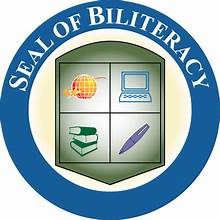Exercise, activity stimulates brain processes among students
On the morning of March 3, many students bared the freezing rain and traveled to the school – not to get a head start on their impending ACT, but in efforts to boost confidence and test scores. Starting at 7 a.m., many students gathered in the gym to walk, shoot some hoops, or even calm their fears with a teacher. In addition, Zumba and the bike lab were available for those preparing their bodies for sitting in a folding chair for several hours.
“I [attended the workout session] to set an example and talk with students before they [took] the test. Hopefully, I [was] able to reassure some of the more nervous students,” said English teacher Jamie Lux.
Many people feel a sensation after working out, part of the body’s natural reaction to an increase in blood flow.
“Research shows that 60 percent of students who perform exercise before the ACT raise their practice score by two points. At the very least, it makes students more awake and puts them in a test-taking frame of mind,” Lux said.
According to fit.webmd.com, the effect of a first hour P.E class included a 20% increase in math and reading scores. Some students have experienced a similar effect, such as those who are enrolled in zero hour P.E, which starts around 7 a.m.
“I’ve noticed an extreme difference in my mood as a result of zero hour,” said junior
Serena Fernandez. “I feel much more alert in my classes and just feel better in general.”
According to science.howstuffworks.com, blood flow to the brain and other parts of the body isn’t the only effect of exercising in the morning. After a heavy workout, the body releases a chemical called endorphins, which induces a large quantity of pleasure thanks to the interlocking of opioid receptors.
“Not only are there physical benefits of exercising right when you get up, but also mental,” said physical education teacher Shelli Williams. “It gets your heart rate going and releases those endorphins to increase activity.”




